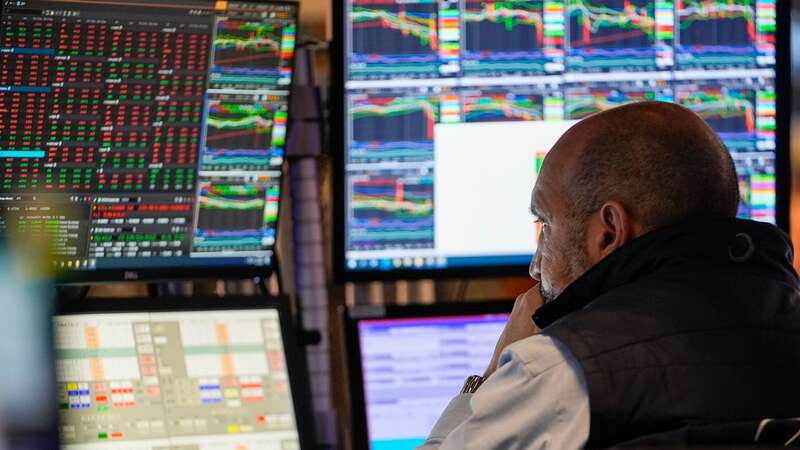
Alphabet and Microsoft are spearheading the US stock market towards the end of its first successful week in the last four.
In early trading the The S&P 500 was up by 0.7%, the Dow Jones Industrial Average had risen by 76 points, or 0.2%, and the Nasdaq composite was up by 1.4%. Alphabet saw an 11% surge after it easily surpassed analysts' profit expectations for the last quarter. Google's parent company also announced that it would start paying dividends to investors, indicating that it's generating more cash than it wants to invest.
Meanwhile, Microsoft rose by 1.7% after reporting stronger-than-expected profit and revenue. It attributed this to robust growth in its cloud-computing business as it delivers artificial-intelligence technology to its customers. These gains helped to counterbalance a 12.5% fall for Intel.
Although it reported stronger profit for the latest quarter than expected, its revenue fell short of analysts' estimates. Its profit forecast for the current quarter also missed the mark. Stocks have generally been under strain this month as hopes fade for multiple interest rate cuts this year by the Federal Reserve.
A series of reports this year showing inflation remaining worse than forecast has traders expecting maybe one cut to rates this year, down from six or more at the start of the year. Another report released on Friday has shown that inflation is still riding high, with the Federal Reserve's preferred price measure for March coming in hot.
 PM warned emergency summit won't ease NHS pressure after 'years of inaction'
PM warned emergency summit won't ease NHS pressure after 'years of inaction'
However, it didn't exceed expectations by a wide margin, and the financial markets seemed to digest this news better than Thursday's report, which indicated a sharp rise in inflation from January through March. In the bond market, Treasury yields took a dip after the inflation data was released. The 10-year Treasury yield dropped to 4.66% from 4.71% just the day before.
While inflation has remained hotter than forecast, EY Chief Economist Gregory Daco expects it to cool in coming months as shoppers pressed by slowing wage growth tamp down their purchases, which is the fuel that gives inflation energy.
"Consumers remain willing to spend, but not on anything, nor at any price," he said. Economists have also suggested that the disappointing figures on the US economy reported on Thursday, which initially caused a stock market downturn, might not be as dire as they first appeared.
"The economy remains on solid footing," stated economists from Bank of America in a recent analysis, highlighting strong purchasing patterns among American consumers. This perspective helps alleviate fears of the US potentially facing a damaging combination of stagnant growth and persistent inflationa scenario the Federal Reserve would struggle to address.
The unexpected high inflation reading from Thursday will likely cause the Fed to adopt a "wait-and see approach to cuts while giving policy more time to work" at its next meeting on Wednesday, according to a BofA Global Research report.
The Fed has maintained its main interest rate at the highest level since 2001, aiming to curb inflation by exerting downward pressure on the economy and financial markets. Although inflation has decreased from its peak, and last year's progress led the Federal Reserve to suggest it could cut rates three times this year, recent stagnation has prompted top Fed officials to consider keeping the main interest rate high for some time.
In international stock markets, Japan's Nikkei 225 increased by 0.8% after the Bank of Japan concluded a policy meeting without significant changes. Indexes across much of Asia and Europe also saw increases.
Read more similar news:
Comments:
comments powered by Disqus

































